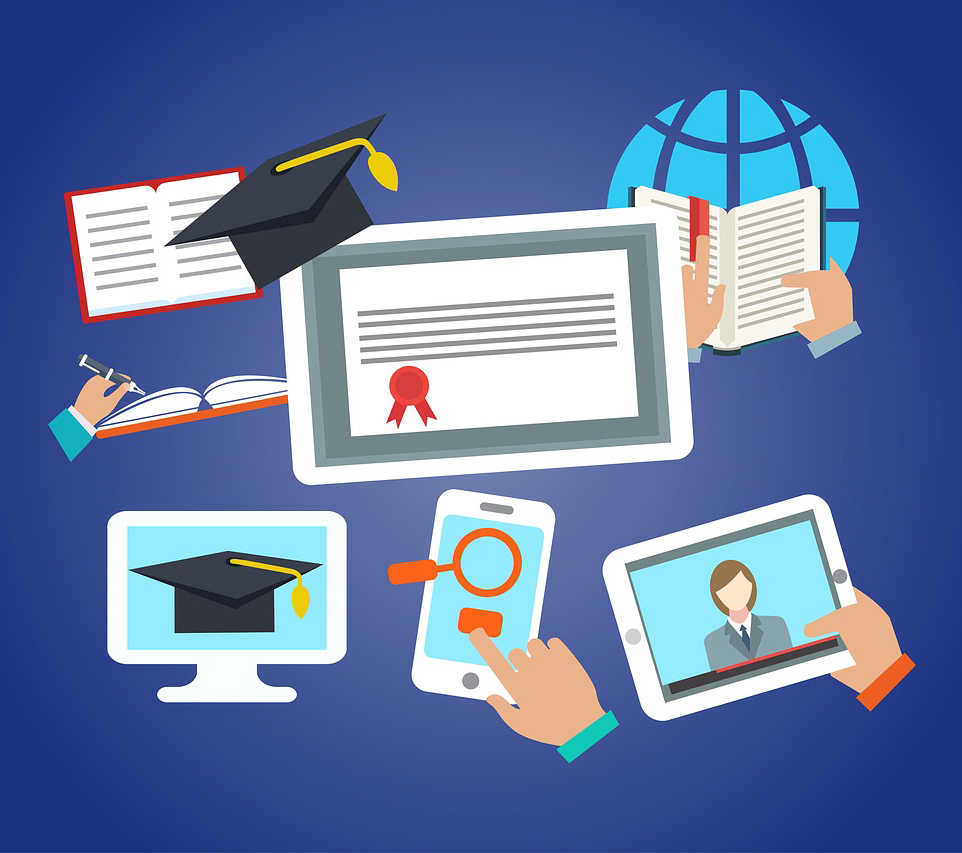A First Look Into Learning Accessibility (And Why)
June 14, 2022

It is normal to ignore learning about things that you believe don’t directly apply to you. Do you know how to perfectly balance an egg on a stick? Or maybe how to accurately type into your phone with your hands on your back? Probably not, because you probably have never had to. And you probably won’t learn it either, because, well, why would you? But some skills may actually come in more handy than you might initially think. When it comes to accessibility, for example, everyone benefits and you don't have to be a dedicated accessibility expert to make a difference.
Curb cuts were originally designed to provide accessibility for wheelchair users, but they also allow parents to push a stroller across easily, or a bicycle to go to the sidewalk, etc. Captions intended to make content accessible for people who are deaf or hard of hearing are now broadly used by everyone. These are examples of Universal Design. You might not consider things like speech-to-text technology, which some people rely on, because you don’t use it yourself. But if you unexpectedly broke your arm(s), you would be glad that that’s a feature available for you, too.
And that’s all just from a recipient perspective. If you are a developer, designer, or a creator of any kind, then learning about accessibility definitely impacts and benefits you because it benefits your users. First and foremost, if you don’t make whatever you are creating accessible, then you are missing out on over a billion people with disabilities who could’ve been potential users. Not great. Truth be told, you lose nothing by making something better. And it isn’t difficult to learn. Accessibility is a solved problem. The hard work was already put in, and the way has already been paved. Now all there’s left to do is make sure your designs are compatible with the already existing solutions. You do not need to become an accessibility expert to create inclusive, accessible things.
My journey into actively learning about the world of accessibility and inclusion has just recently started. And even in this short amount of time, I have already gotten to learn and do a lot of good that positively impacts people’s lives, while simultaneously standing out in my field of work and becoming a more well-rounded individual and developer. That is why I’m proud to be representing the AFB Talent Lab, to give others the same learning opportunities I had with our internship and apprenticeship programs, and be an active part in teaching a new generation of tech workers about accessibility, digital inclusion, and more.
So really, if you’re wondering why you should learn accessibility, before even getting to any of the actual benefits, I ask you: why not?
About AFB Talent Lab
To learn more about our training programs or how to work with us to make your products accessible and inclusive, please visit our website at www.afb.org/talentlab.